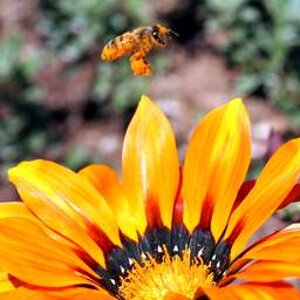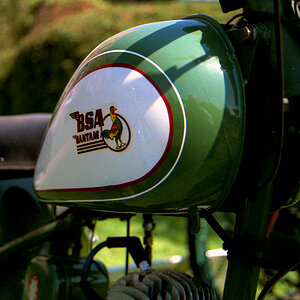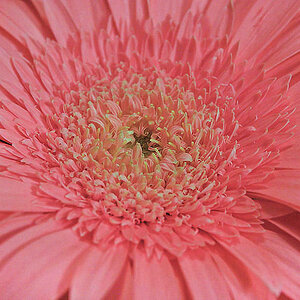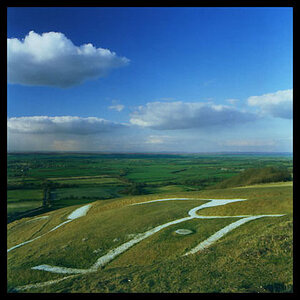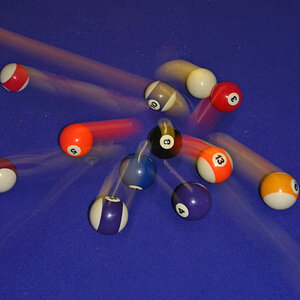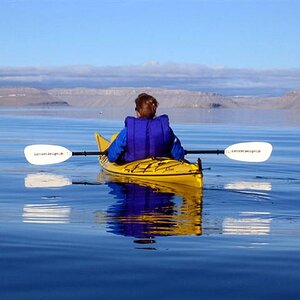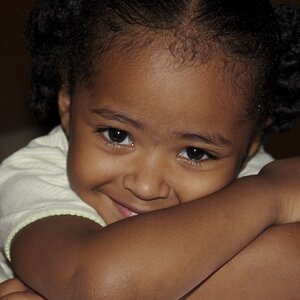immafreebeetch
TPF Noob!
- Joined
- Dec 30, 2011
- Messages
- 82
- Reaction score
- 1
Hi mates! I'm just new in photography i just recently bought a D3000 as my first Digital-SLR I've been taking lots of photos now and yet I haven't been satisfied with my shots - mainly the lightings. I know digital retouches like photoshop editing are also needed and I'm quite good in that but I'm trying to avoid that technique. Can some of you can help me or give me tips how to set up my camera especially in a low light surroundings? Or at least give me some basic tips and tricks to adjust in different light settings. Thanks in advance!


![[No title]](/data/xfmg/thumbnail/34/34344-0b42e0e92ad436e6710a1b9c4585d6df.jpg?1619736379)
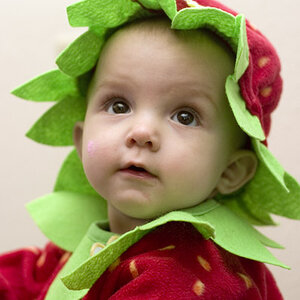
![[No title]](/data/xfmg/thumbnail/38/38750-dbafc867a1461ce200c2405640d537ec.jpg?1619738704)
![[No title]](/data/xfmg/thumbnail/32/32929-22e23acc63d6ecb25e5ee941be87121f.jpg?1619735758)
![[No title]](/data/xfmg/thumbnail/37/37123-508270c4d14bcf3f293bd90dfd8ba6b4.jpg?1619737883)
